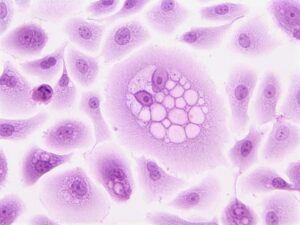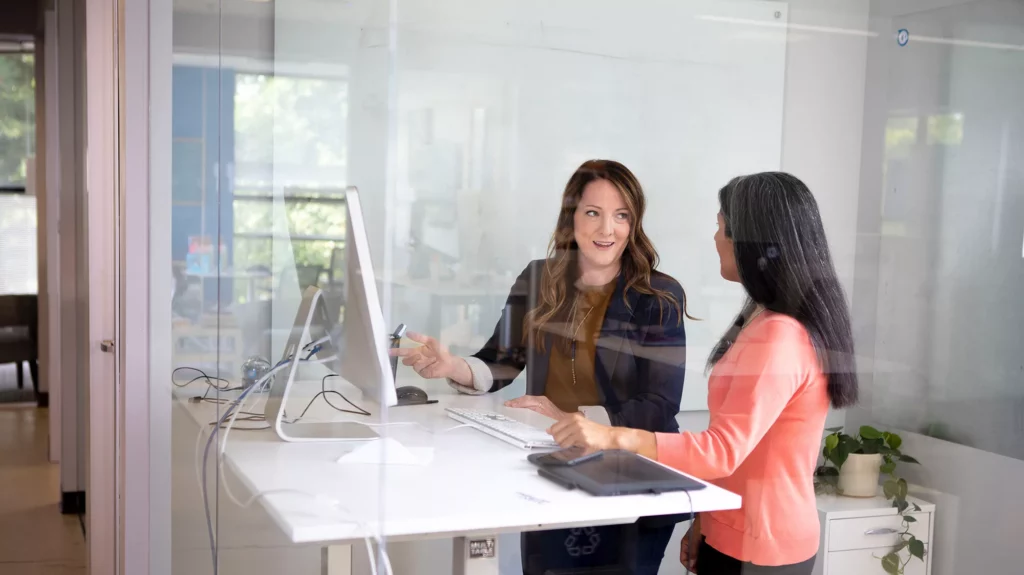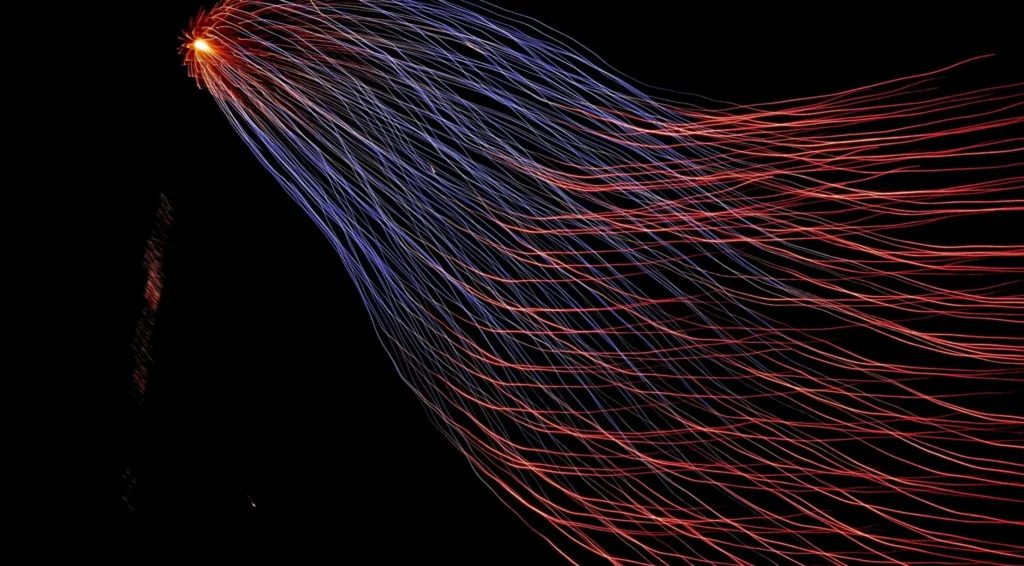From the moment you hear the phrase, ‘I’m afraid you have cancer’, your whole world changes. Whether it is you, a parent, sibling, child, or close friend, things change. It is hard to take on board the diagnosis, let alone what will happen next. A cancer diagnosis is a step into the unknown on so many levels – who knows where to begin.
And so, the hunt for information is on. What happens next? Who do I speak to? Where do I go? What treatment is best? What are the side effects? Will I suffer? Can I beat this, or will it all be for nothing?
Making a difference…
The moment I began working in oncology I knew it was the area for me to help make a difference to millions of people, patients, carers, family members and friends alike. There are so many unanswered questions at the beginning of anyone’s cancer journey, and throughout, as the options change and technology advances. Different avenues will be explored, referrals and rounds of different specialists to talk to, treatment regimens may get complicated, and managing side effects can become a factor. This is all a lot for anyone to take in.
I love the fact that I can make a difference on a daily basis; I get to help answer some of the many questions patients and families face, and can use my experiences to help others on their journey.
The first thing that struck me in the world of oncology was that the field moves so quickly compared to other areas; so much is ongoing to help find a different way. When you start researching oncology you can understand why. Cancer is a leading cause of death worldwide, accounting for nearly 10 million deaths in 2020. It does not discriminate – age, race, or gender does not matter, even geographical location can have an impact. We are fortunate to see availability of funding in the field, and with the research initiatives to date, many advances have been made over the past few decades, so much so that many cancers can now be cured if detected early and treated effectively. Gone are the days of endless chemo, side effects and hoping for the best. Personalised medicines, minimised side effects and supportive care are now a reality.
Working in the field and experiencing a diagnosis first-hand has shown me the importance of information and its accessibility; understanding that different generations benefit from different resources, and that patients and carers need different information to physicians and nursing teams. Working with the right people – decision makers, patients, carers, and support networks to name a few, is key to ensuring the information being sought is being made available. Empowering those who feel powerless, to help make a change, gives people hope for the future. The shift in recent years towards a more patient-centric approach in pharmaceuticals has been noticeable and a very welcome advance. I’m excited to see where the field takes us in the coming years.
Helping patients…
It is scary stepping into the unknown world of cancer and involves a life of appointments, multidisciplinary teams, endless scans, medications, clinical trials, surgery, and more, all to try and beat an unknown. However, global initiatives now exist to raise awareness of the importance of early detection and treatment. The teams of people dedicated to helping are vast and the support network is incredible. From the individuals welcoming you with a smile and a cup of tea, to the dedicated nursing teams getting you through the next infusion, the support networks truly are a wonderful group. Being part of the communications network, we have the potential to make a difference to so many people in so many ways.
At Bioscript Group, we feel it is important to have the right people in place to provide relevant support and guidance. For each of our key focus areas, we have a specialist network to offer expertise specific to the field including both editorial and client services teams. If you are interested in learning more about the work we do at Bioscript Group, get in touch with us at https://bioscriptgroup.com/contact/. We would be more than happy to talk you through who we are and the opportunities available.
Alexandra Howard, Senior Account Director, Cancer Communications, Bioscript Group








